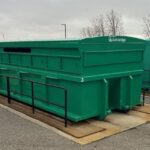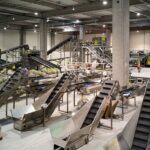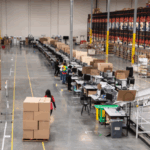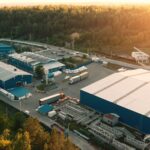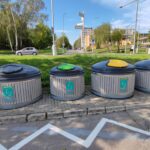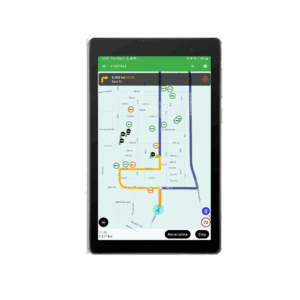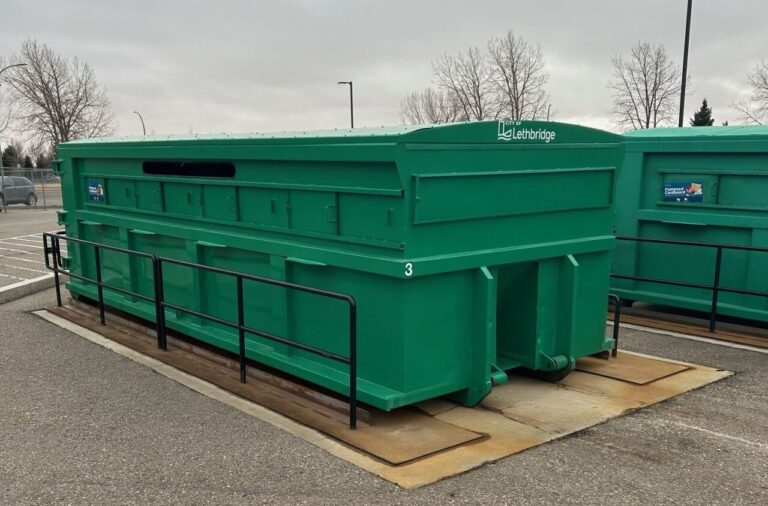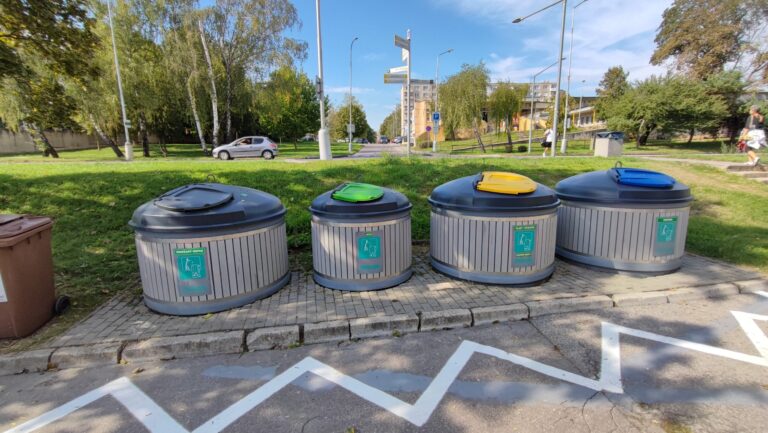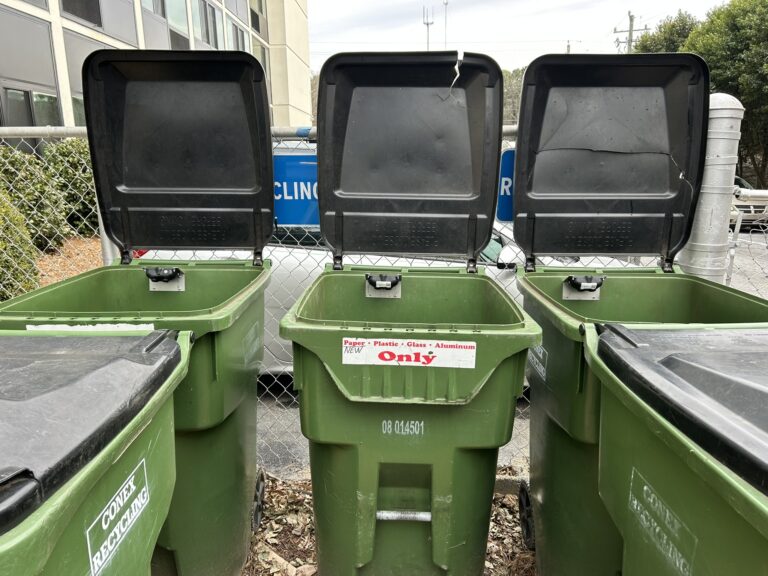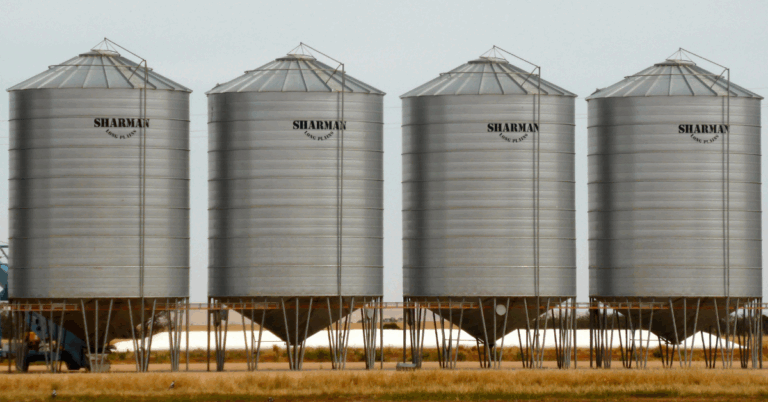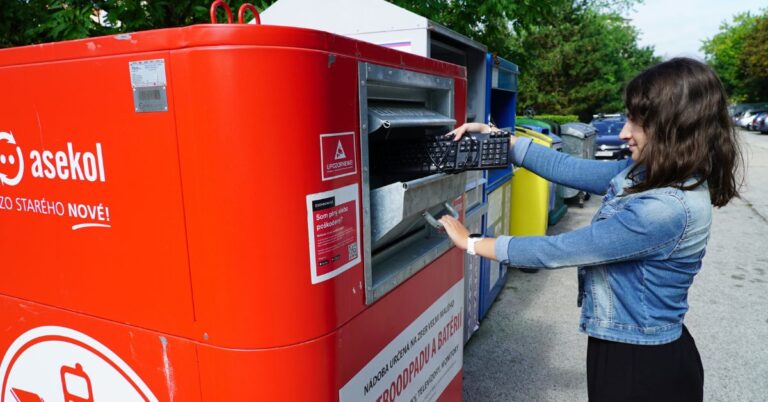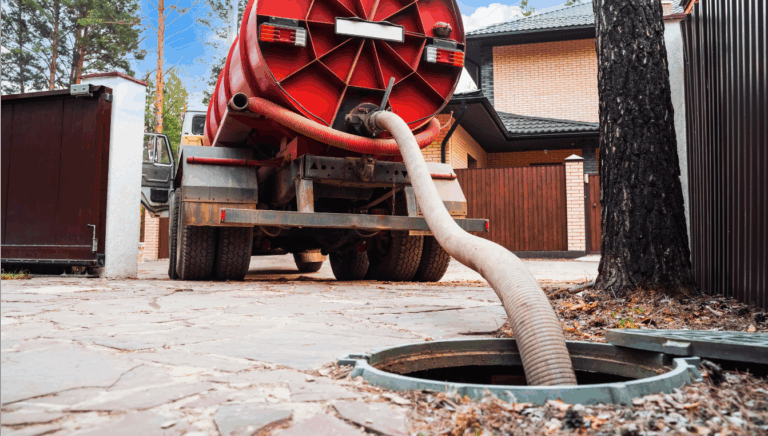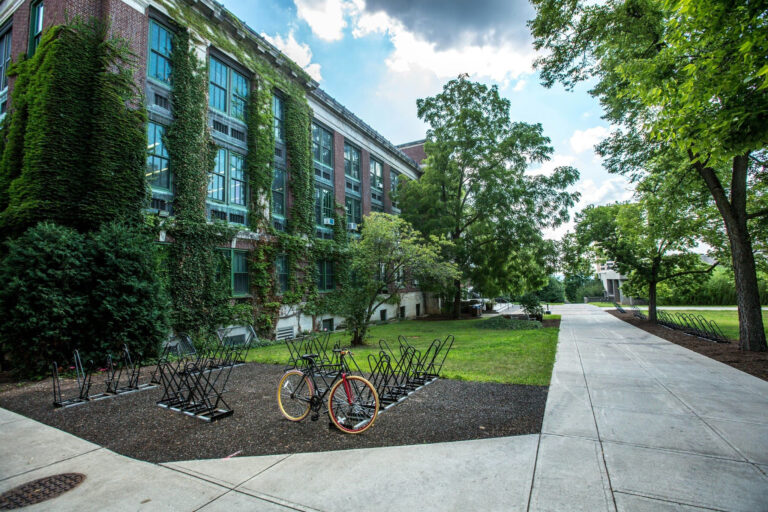Data-driven control of waste in cities and municipalities

The growing volumes of municipal waste are driven by rapid urbanization and industrial growth
Today’s lifestyle generates far more waste per citizen than a decade ago, and the United Nations projects that 66% of the world’s population will live in cities by 2050. For municipalities, effective waste management is no longer just about logistics—it’s about sustainability, efficiency, and citizen well-being.
Overflowing bins, missed collections, and inefficient routes increase costs and environmental impact. At the same time, many cities lack accurate data on waste volumes and sources, making ESG reporting and planning difficult. Waste contamination further complicates recycling and reduces diversion rates.
Sensoneo solution
Sensoneo’s smart waste management solution gives cities the tools they need to manage growing volumes of urban waste efficiently. By using Smart Sensors and Monitors to track bin fill levels in real time, municipalities gain reliable data to plan and optimize collection routes, capacities, and infrastructure.
The solution integrates seamlessly with Sensoneo’s Waste Management System (WMS), delivering clear insights into bin usage, contamination, and waste generation trends. Features such as route optimization, fullness alerts, and bin access management provide both operational efficiency and strategic insights.
By combining advanced hardware (Radar, Single, Quatro, and patent-pending Micro Sensors) with powerful analytics, Sensoneo enables cities to move beyond instinct-based decision-making. Municipalities can scale their waste systems, save costs, and create cleaner, more sustainable urban environments supported by real-time, actionable data.
Ideal products
Benefits
- Rightsizing of collection frequencies, capacities, and bin locations
- Supervision and control over the efficiency of collection
- Cleaner streets with no littering or overflowing bins
- Accurate and valuable data for informed decision-making
- Improved sustainability reporting and higher diversion rates
- Reduced costs by eliminating unnecessary trips
- Optimized routes that reduce CO₂ emissions and traffic congestion
- Better citizen engagement through apps and transparency
- Enhanced well-being by ensuring sufficient capacity and clean public spaces

Selected success stories
Latest use cases

Fill-level monitoring of grain storage feed bins for efficient farm management
Read more
Efficient WEEE collection and management with smart technology
Read more
Fill-level monitoring of wastewater in cesspit and septic tanks
Read more
Fill-level monitoring of bins and dumpsters at the university campus
Read more
Smart Waste Newsletter
Get monthly updates from our company and the world of waste!


